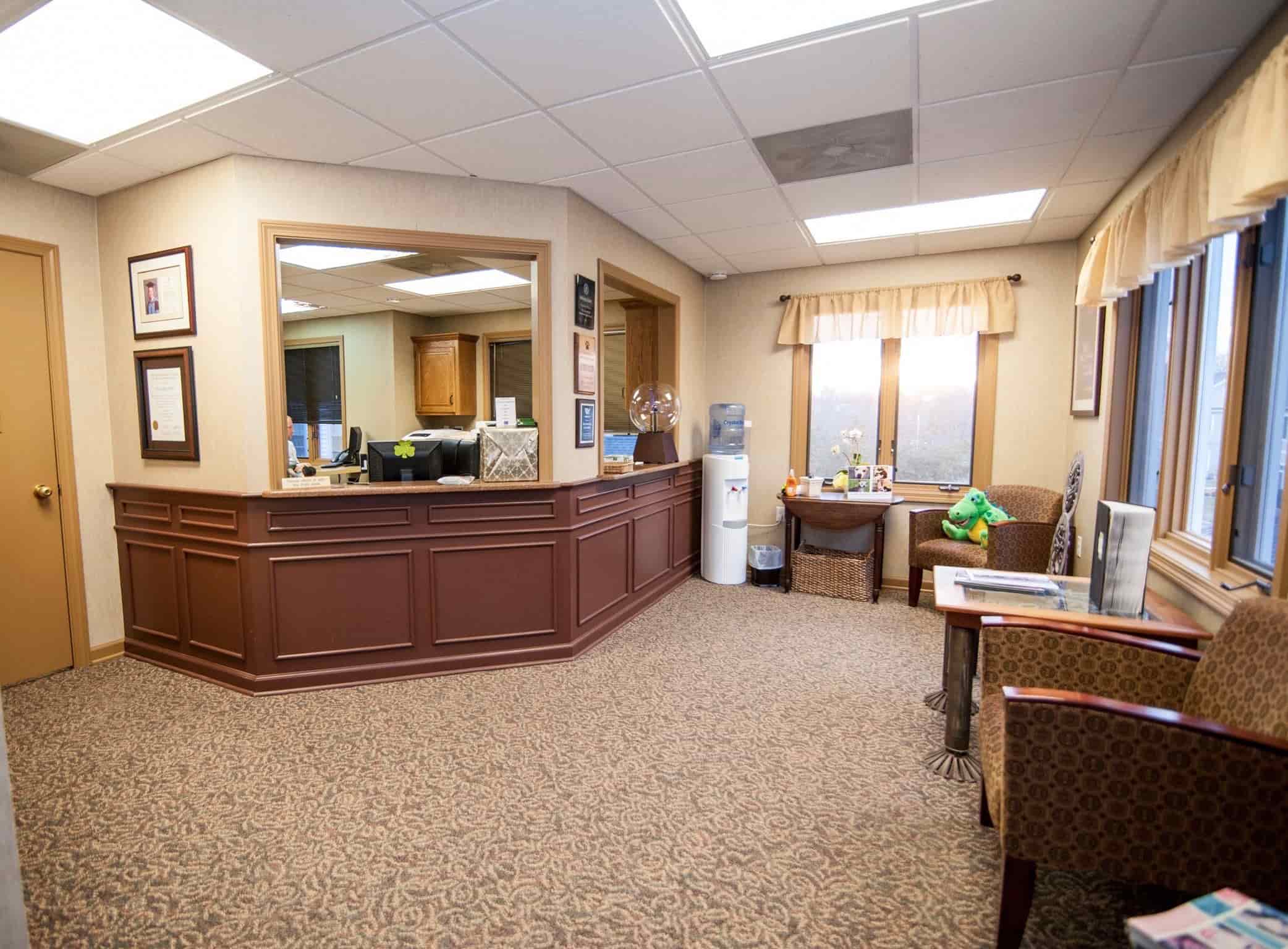
Sleep apnea is a common sleep disorder that affects millions of people worldwide. It is characterized by pauses in breathing or shallow breathing during sleep, leading to disrupted sleep patterns and a range of health issues. If you or someone you know has been diagnosed with sleep apnea, you may be wondering how it is treated. In this blog post, we will explore the different treatment options available for sleep apnea and how they can help improve your sleep and overall well-being.
One of the most common and effective sleep apnea treatments in Southington is Continuous Positive Airway Pressure (CPAP) therapy. This treatment involves wearing a mask over your nose or mouth while you sleep. The mask is connected to a machine that delivers a continuous flow of air pressure, keeping your airways open and preventing pauses in breathing. CPAP therapy is highly effective in reducing the symptoms of sleep apnea and improving sleep quality.
While CPAP therapy is effective, some people may find it uncomfortable or have difficulty adjusting to wearing the mask. It is important to work closely with your healthcare provider to find the right mask fit and air pressure settings for your needs. They can also provide guidance on proper mask maintenance and troubleshooting any issues that may arise.
Another treatment option for sleep apnea is oral appliance therapy. This involves wearing a custom-made oral appliance, similar to a mouthguard, while you sleep. The appliance helps to reposition your jaw and tongue, keeping your airway open and reducing the risk of breathing pauses. Oral appliance therapy is often recommended for mild to moderate cases of sleep apnea or for those who cannot tolerate CPAP therapy.
To get an oral appliance, you will need to see a Southington dentist or orthodontist who specializes in dental sleep medicine. They will take impressions of your teeth and create a custom-fit appliance that is comfortable and effective for your specific needs. Regular follow-up visits will be necessary to ensure the appliance is working properly and to make any necessary adjustments.
In addition to medical treatments, making certain lifestyle changes can also help manage sleep apnea. These changes may include:
Weight loss: Losing excess weight can reduce the severity of sleep apnea symptoms, as excess weight can contribute to airway narrowing and obstruction.
Regular exercise: Engaging in regular physical activity can help improve overall sleep quality and reduce the frequency of breathing pauses during sleep.
Avoiding alcohol and sedatives: Alcohol and sedatives can relax the muscles in your throat, making it more likely for your airway to collapse during sleep. It is best to avoid these substances, especially close to bedtime.
Sleeping on your side: Sleeping on your side can help keep your airway open and reduce the risk of breathing pauses. Using a body pillow or other props can help you maintain a side-sleeping position throughout the night.
In some cases, surgical intervention may be necessary to treat sleep apnea. Surgical options for sleep apnea include:
Uvulopalatopharyngoplasty (UPPP): This procedure involves removing excess tissue from the throat and restructuring the soft palate and uvula to widen the airway.
Maxillomandibular advancement (MMA): MMA surgery repositions the upper and lower jaws to enlarge the airway and improve airflow.
Tracheostomy: This surgical procedure involves creating a hole in the front of the neck and inserting a tube to bypass the blocked airway. Tracheostomy is typically reserved for severe cases of sleep apnea that do not respond to other treatments.
It is important to note that surgical options are usually considered when other treatments have been unsuccessful or when the severity of sleep apnea warrants more aggressive intervention. Your healthcare provider will evaluate your specific case and recommend the most appropriate treatment option for you.
If you or a loved one is struggling with sleep apnea, don't suffer in silence. Reach out to Dr. Neil Salesky at Southington Dentistry today. Our experienced team can help diagnose and treat sleep apnea using the latest techniques and technologies. Take the first step towards better sleep and improved overall health by requesting an appointment today. Call (860) 628-5029 to schedule your consultation.

Proudly Serving Plantsville, Milldale, Marion, Bristol, Plainville, New Britain, Berlin, and surrounding cities in Connecticut